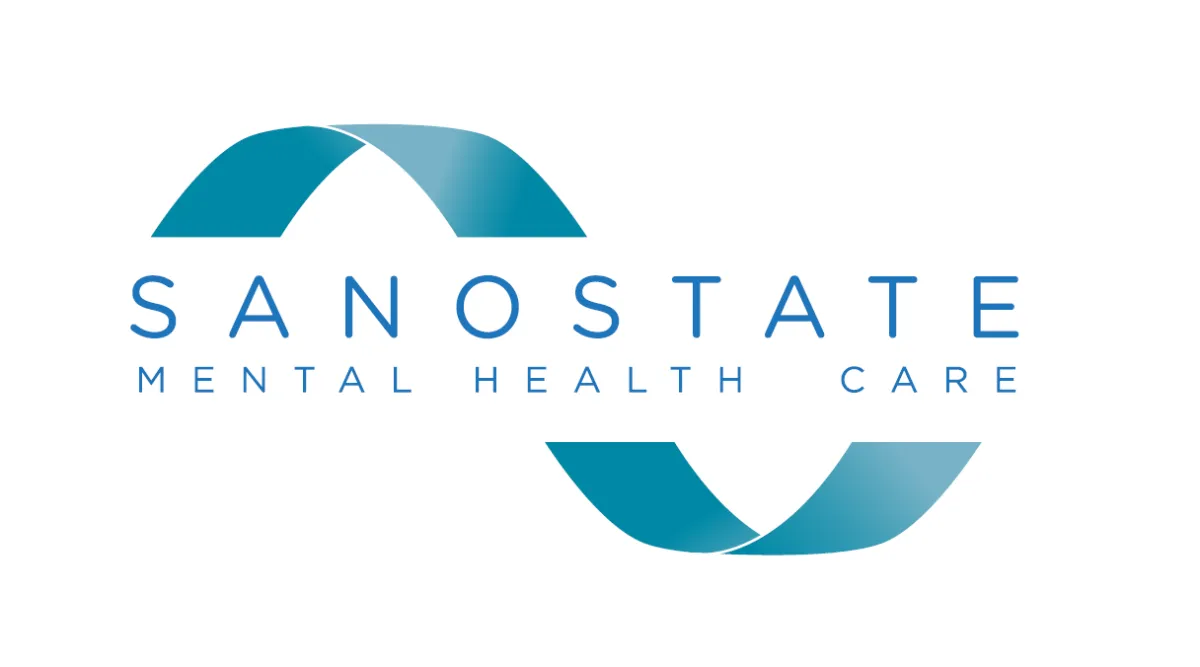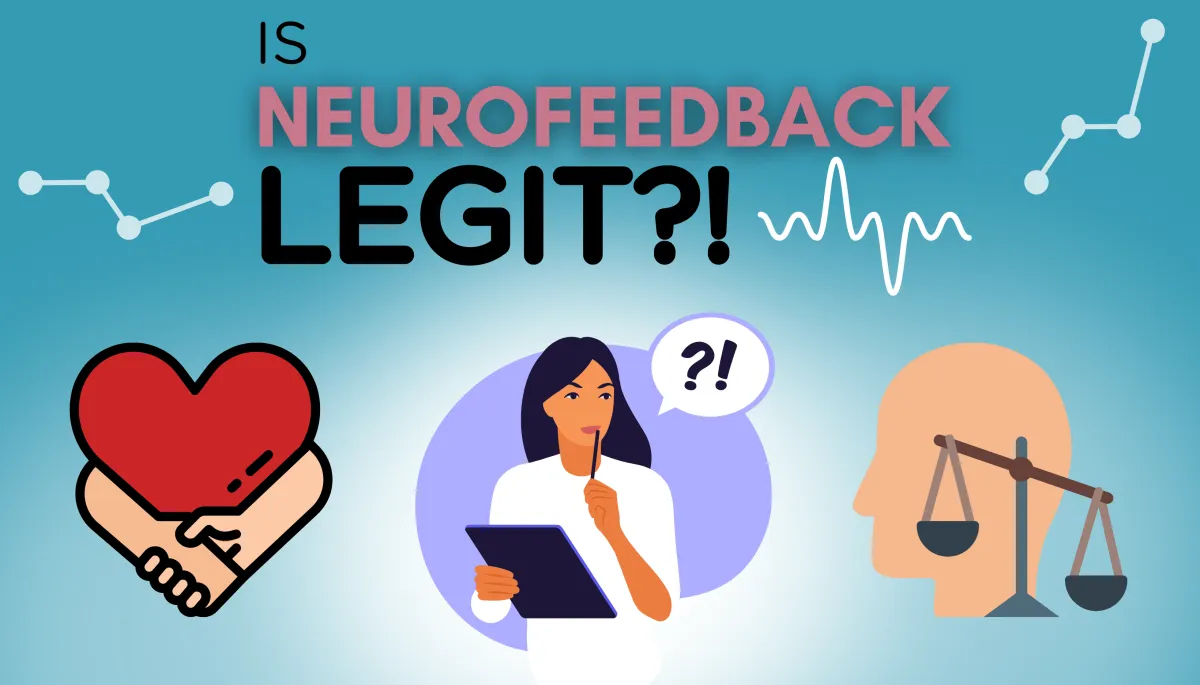General Inquiries: (587) 333-6349 - info@sanostate.com



Is Neurofeedback Legit? Evidence and Efficacy
“Progress and improvement look different for everyone.”
With its rise in popularity and gain in attention, Neurofeedback (NF) has sparked a lot of curiosity with its use in treating mental health conditions and improving cognitive function. With great reports of positive results and life-changing improvements, people often question NF's legitimacy. This post will explore the science behind NF and explain the legitimacy of the power of training your brain!

Before diving in, what exactly is Neurofeedback?
Neurofeedback is a type of biofeedback that uses electroencephalography (EEG) to measure and train your brain waves to reach more optimal levels in real-time. This safe, non-invasive therapy aims to help the brain function more optimally by first recording electrical signals produced by the brain using sensors placed on the head.

Then immediate feedback is relayed visually or auditorily and - via a reward system - the brain learns the desired functioning patterns. By regulating and optimizing the function of the brain, NF is beneficial for treating mental health conditions, cognitive enhancement, and creating improvements in sleep, focus, energy and mood!
Now let's dive into Neurofeedback's scientific foundation:
NF is a scientific and evidence-based therapy practice that produces empirical results. Not only are we measuring what is going on in the brain at all times during a NF session, but we are also able to measure the progress and change in your brain throughout your Neurotherapy journey.
The figure below depicts an example of a brain map before and after NF sessions for an individual experiencing depression. When comparing the pre-treatment and post-treatment, there are clear and measurable differences between them (Zarayelyan, 2020).

Despite only recently gaining more and more attention, NF is a discovery that has been around for a while. It originated in the 1960s when researchers discovered that humans could learn how to self-regulate their brain-wave activity. Since then, extensive research has been conducted, with studies testing the effectiveness of NF on a vast range of conditions.
Some people may wonder: Since there is no conclusive answer in the literature about NF's effects, how do we even know it works? The answer to this question is quite simple; there are many different ways to do Neurofeedback. There are no conclusive answers about NF simply due to the vast reach of NF and how many symptoms it targets, and how many variations in treatments there are. Research about NF often studies other things or the same thing differently. For example, even if two studies are looking at using NF to treat depression, there can be significant variations in the experimental design, such as which area of the brain they are targeting, how frequently patients have sessions, and the total number of sessions, that can all lead to different conclusions.
Like any other treatment (e.g., medication), Neurofeedback affects every individual differently. It comes with its pros and cons, but this does not dispute the legitimacy of the research. Many people notice that they begin NF to help with one particular aspect and find improvement in other areas. Remember, progress and improvement look different for everyone; just because Neurofeedback may be a lengthier process than medication does not mean that it is not working. Though effects may not be noticeable immediately, Neurofeedback is simply making connections and enforcing patterns in your brain that will be long-lasting and only continue to strengthen over time.
So, is Neurofeedback legit?
The answer is YES!! At Sano State Taylored Psychology, we fully support the evidence and efficacy of Neurofeedback therapy and aspire to empower you with the same confidence!
If you want to learn more about Neurofeedback or try it yourself, contact us! Click here or call us at 587-333-6349 to connect! 💙
References
Zarayelyan, A. (2020). Neurofeedback for depression. Biofeedback Neurofeedback Therapy. https://biofeedback-neurofeedback-therapy.com/neurofeedback-training-in-depression/
General Inquiries:
Our Locations:
Additional Resources:
About Us:
We strive for excellence in psychological treatment. We are committed to providing professional, caring, innovative, and research-based services.
© 2024 Sano State Taylored Psychology. All Rights Reserved.

